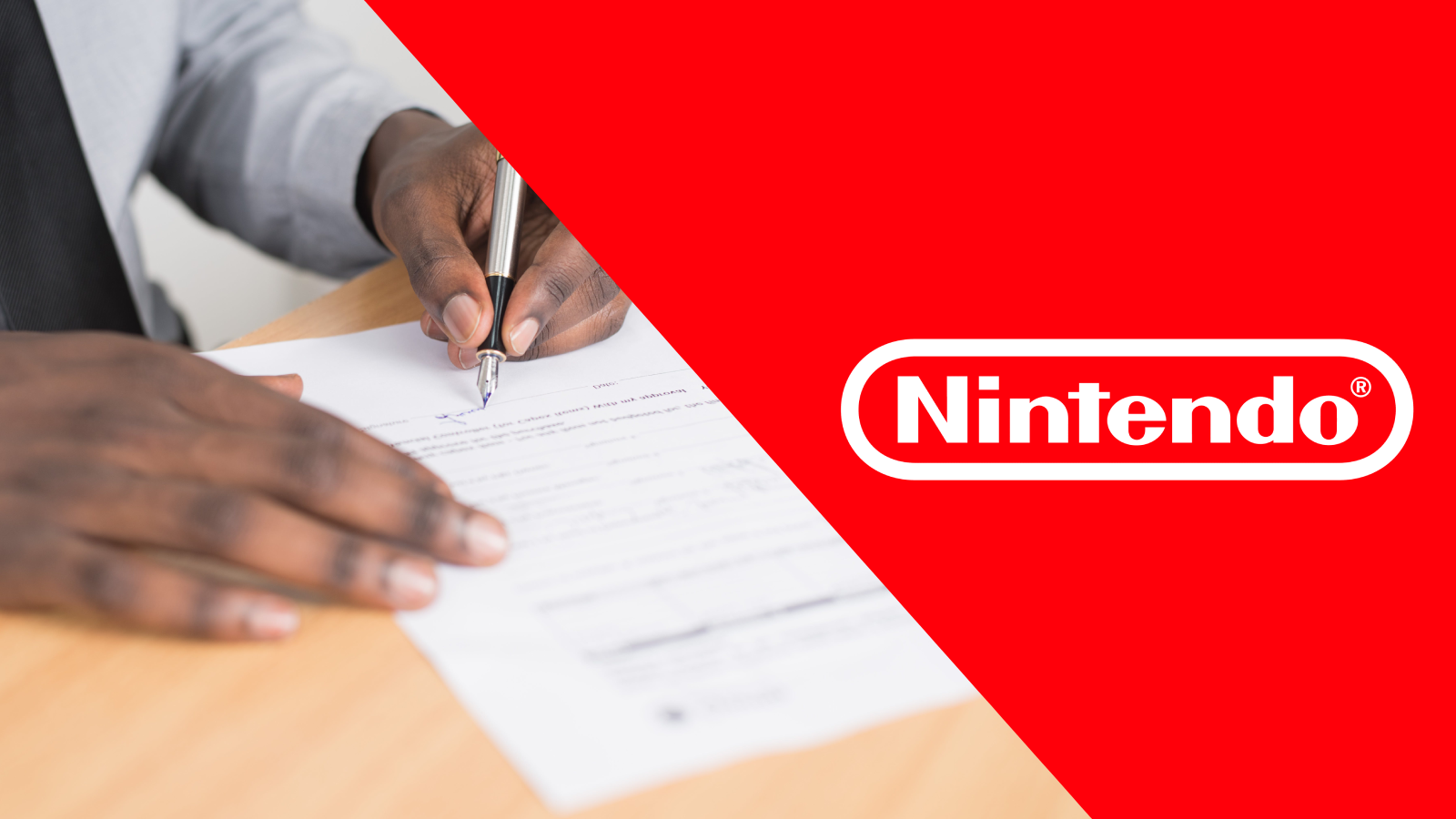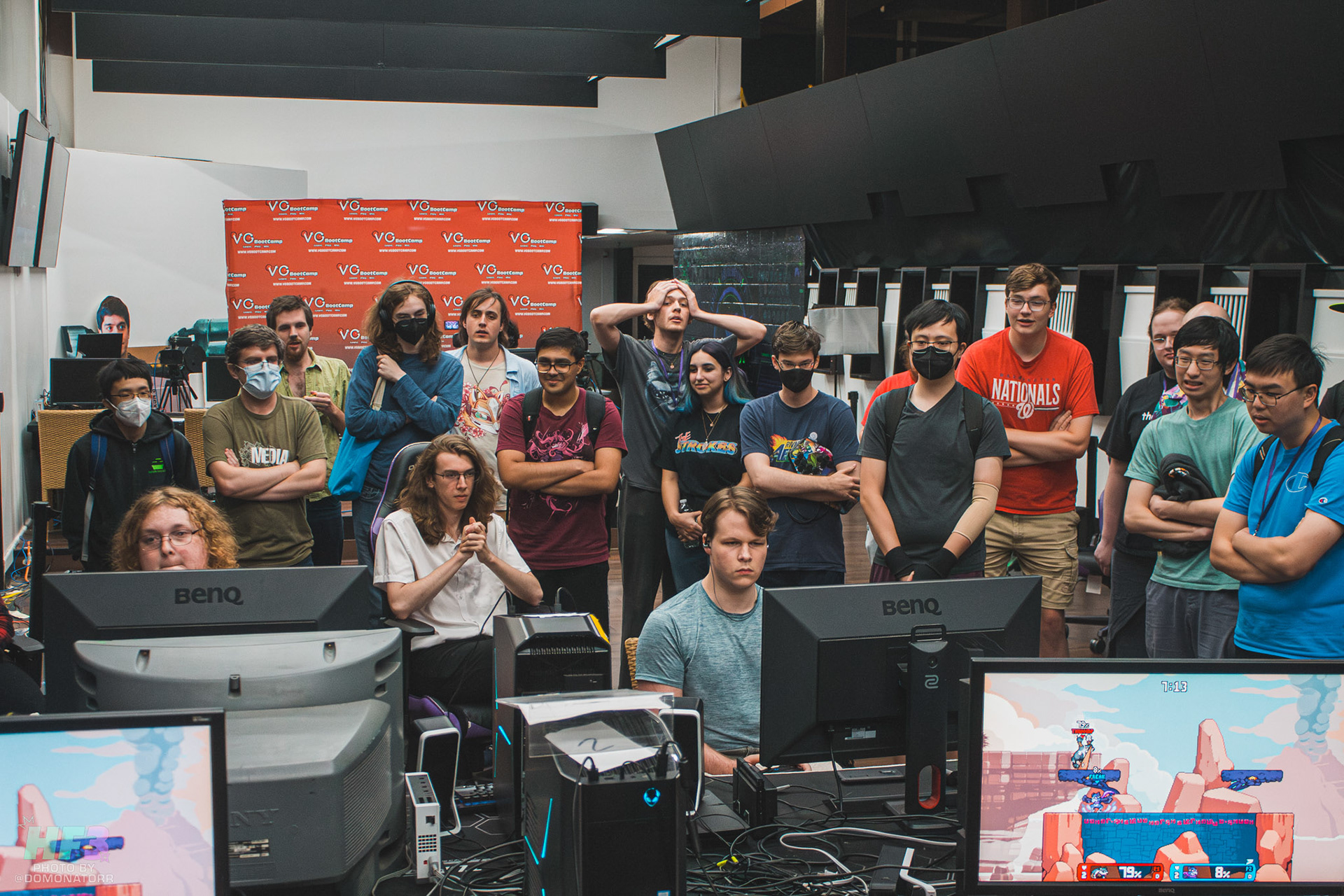On October 24th, 2023, Nintendo published their Community Tournament Guidelines in Japan, Europe, and North America. A Licensed Tournament Application for Japan was made available soon after. The following day, I posted a thread on Mastodon explaining what they are and what their introduction means. Below is the text of my original thread (with some small edits for clarification purposes) followed by additional thoughts and commentary on developments that have happened since then:
I’ve held off on posting my thoughts on Nintendo’s new Community Tournament Guidelines until I had my thoughts together.
Without trying to sound boisterous, I consider the general subject of the esports industry something I am a knowledgeable on from years of involvement in different games, founding my alma maters esports program, research projects, etc.
(I’m only mentioning because a lot of people here don’t know my background. I wont detail all my experience, you can check out my website if you are curious.)
🧵
Firstly I would like to say that what Nintendo has done with the publishing of these guidelines is actually commonplace in the esports industry. It was more unusual that Nintendo did not have anything previously.
So how does this typically work? By having public, generalized guidelines, a publisher grants a de facto tournament license to anyone who would like to run an event if the organizer operates within said guidelines.
In addition, the publisher typically also gives an option for the organizer to apply for a specific/different kind of license than the general community license. If you look on the webpage, it says that Nintendo will be opening up applications in November.
So what’s actually happening? Nintendo is bringing their policy towards esports to the 21st century, finally. Their community guidelines aren’t vastly different from most other publishers, albeit a bit stricter on certain things.
Previously, Nintendo was woefully out of date by simply having no publicly available info on their policy towards tournaments. Without a formally available process, most/all Smash majors have to have some kind of inside contact at Nintendo of America. There is a reason why we could only gleam their intentions from sporadic/predatory C&Ds. This is what Smash has always operated under, so I understand this coming as a shock to some people.
The level to which Nintendo enforces these guidelines remains to be seen. With other publishers, very often if your tournament is small enough and you keep your head down you are fine. In some cases, even tournaments that have applied for and received a specific license from the publisher (meaning someone at the publisher knows about your presence) you can skirt around some rules… or at least for a while before getting caught (if you’re smart about it).
Legally speaking, Nintendo CAN do this. Esports and content creation in general exist in a legal gray area in copyright law.
Publishers own their copyright, so the power to exercise protection of their copyright is vested in them.
However, there has never been any court cases or legislation to specifically detail how this works when it comes to these relatively new mediums of esports and content creation. Which makes things tricky because the current court precedent and legislation do not encompass/were not made with these things in mind.
I don’t want to speak too much on this because I’m not a lawyer and I don’t want to misrepresent things, as it can start to become complex very quickly.
Now for my personal opinions on this:
- This could be a side-grade or slight up-grade from how Nintendo operated previously depending on how the license app shakes out.
- The guideline’s restrictions on school/collegiate competitions is a bit stricter than other publishers.
- If the assumption in DarkGenex’s tweet is correct (in that there will be no available tournament license for Melee in NA since there is no available license for the game in Japan), then I feel that Melee will continue as it has, in defiance of Nintendo, if not more underground a la P+ (scar_police_crt_venue.mp4).
- Most locals already fall within the community guidelines, or could easily fall under the guidelines with a few changes.
- Most/all majors already have a contact with NoA. As such this will mostly affect larger regionals and semi-majors.
- I’m not defending Nintendo’s adoption of this industry-standard model for tournament licensing. In fact I actually talk about how I think it’s a negative thing for the health of the industry in my senior thesis/capstone, which you can check out in my bio.
A couple weeks later, on November 16th, Nintendo made their Licensed Tournament Application for North America available online. Allow me to get down in the weeds a little bit.
Fortunately, it appears that the assumption in DarkGenex’s aforementioned tweet is incorrect, and you are able to apply for a tournament license for Melee in NA. In fact, it seems you are able to apply for a license for every Smash game, excluding Super Smash Bros. for Wii U and 3DS. It is not known why this is. Maybe Nintendo hates that game more than the rest 🤷♂️.
Another interesting thing to note is that all other available games on the license application are for the Nintendo Switch; the older Smash games are the only games you can apply for that are not on the system. This is despite the existence of older Nintendo games with similarly niche competitive scenes, such as Mario Kart Wii or various Mario sports games. But why, then, are they offering licenses for modern games with no competitive scenes, such as Everybody 1-2 Switch!, Game Builder Garage, or even ARMS, for that matter?
As of the publishing of this blog post, there is no Licensed Tournament Application available for Europe. This is odd, considering that the Community Tournament Guidelines for Japan, EU, and NA were posted within hours of each other, and both Japan and NA already have access to the application. This is speculation, but it could be because they expect to face some level of legal challenge in the region.
A senior legal advisor for the Norwegian Consumer Council spoke with the press recently, criticizing the new Community Tournament Guidelines in no uncertain terms. This comes a year after The Green Party of Norway criticized the way publishers handle their esports scenes and asked the sitting government to formally respond. In 2021, Nintendo of Europe lost a court battle in the Higher Regional Court of Frankfurt, forcing the company to allow cancellations of preorders on the eShop for customers in EEA. Earlier this year, after a formal complaint from the European Consumer Organization, Nintendo has begun offering European customers free lifetime repairs of Nintendo Switch controllers experiencing stick drift.
Regardless of the fate of Europe’s license application, event coordinators in each region must contend with the new community guidelines. In my original thread, I stated, “Their community guidelines aren’t vastly different from most other publishers, albeit a bit stricter on certain things.” and later on I specifically mentioned stricter rules around school/collegiate competitions. While writing this blog post, I considered comparing and contrasting Nintendo’s guidelines with that of other esports publishers in order to demonstrate how much more restrictive they are, but I decided to save writing that for a later date (if I feel motivated enough). That topic is certainly deep enough to be delved into with its own post.
I would like to stress that the level to which Nintendo actually enforces these new guidelines and the licenses they distribute is what matters in the end. Other publishers have had the internal infrastructure and personnel in place specifically to deal/interact with third-party event coordinators, and have done so for years. There is a level of expertise that comes with that. An idea of what is “worth” enforcing and when. It would be foolish and a waste of time for Riot to even attempt to make sure every tiny Joe Shmoe local League of Legends tournament that gets 10 peak viewers on Twitch is following the NA Community Competition Guidelines down to the letter.
The end goal (and perhaps, the reason for licenses in the first place) is to make sure no third-party event grows large enough to compete with any first-party event and to tap down on any notable third-party event that is flagrantly drawing attention to itself and could hurt the brand. The publishers’ guidelines, license terms, and external actions form around this.
Returning to Nintendo, based on their previous actions and how much stricter their guidelines are, I’m not fully sure if the company actually has a solid grasp of these goals and how to attain them. Nintendo doesn’t really hold first-party competitive events of their own. Definitely not to the same degree as other esports publishers. They haven’t announced any future events of their own either. So what’s their main goal then? The protection of their dearly beloved IP? This seems more plausible. Because of their long-standing, overly-protective reputation, combined with these more heavy-handed guidelines, people would be right to expect a higher level of enforcement on that front compared to other publishers. However, while Nintendo is known to be especially diligent in its perceived defense of its IP, they don’t have the long-standing internal expertise to navigate working with third-party event coordinators in a productive manner. This diligence can come back to bite them, as it certainly has before. They learned the hard way they can’t police every user who wants to upload content about their games to YouTube, and eventually gave up. Will they need to learn the same lesson again? As such, it remains to be seen what Nintendo actually… does… and doesn’t do.


@peterparker1.com I personally would love to see a comparison between Nintendo’s Guidelines and other company’s guidelines with respect to competition and esports. Would make for an awesome and informational YouTube video that I would watch for sure. It really does comes down to how strictly Nintendo will enforce these guidelines, but given their track record I’m a little worried.